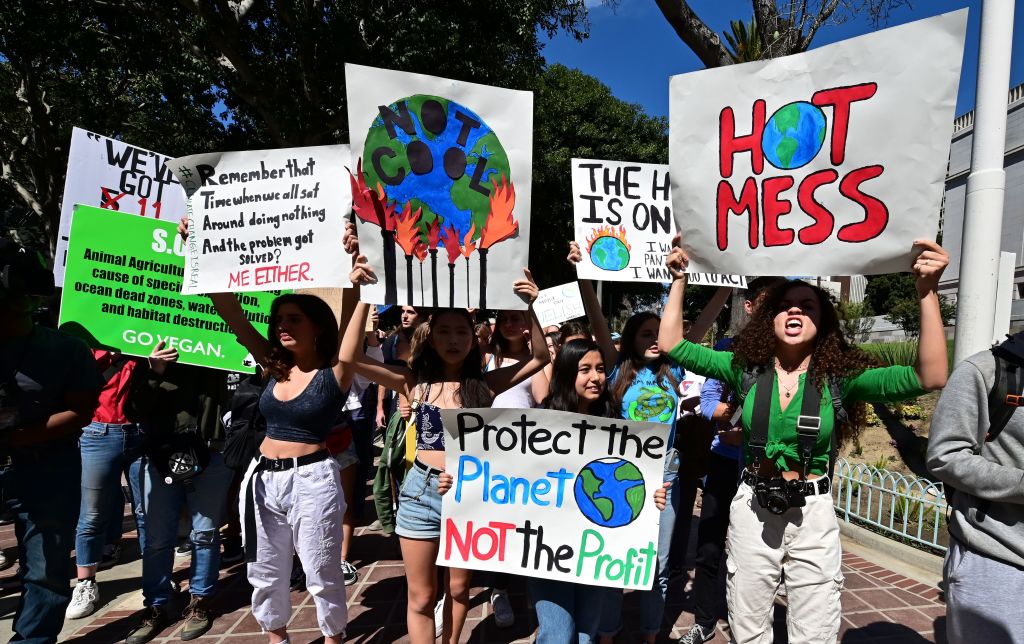A report published by 145 United Nations scientists from 50 different countries, warns that one million of the Earth's eight million species will go extinct due to human expansion — which is 10 to 100 times higher of an extinction rate than it has been for the past 10 million years, according to an IPBES report.
“The health of ecosystems on which we and all other species depend is deteriorating more rapidly than ever. We are eroding the very foundations of our economies, livelihoods, food security, health, and quality of life worldwide,” said IPBES Chair, Sir Robert Watson.
Watson detailed potential ways this could be avoided.
“The report tells us it is not too late to make a difference, but only if we start now at every level from local to global,” Watson said. “Through ‘transformative change,’ nature can still be conserved, restored, and used sustainably — this is also key to meeting most other global goals. By transformative change, we mean a fundamental, system-wide reorganization across technological, economic, and social factors; including paradigms, goals, and values.”
Climate change is listed third in impactful reasons for the dire future, and so the need for a transformative action would seem urgent.
“Ecosystems, species, wild populations, local varieties, and breeds of domesticated plants and animals are shrinking, deteriorating, or vanishing. The essential, interconnected web of life on Earth is getting smaller and increasingly frayed,” said Prof. Settele, who joined the committee from Germany. “This loss is a direct result of human activity and constitutes a direct threat to human well-being in all regions of the world.”
This report built on another report by a separate UN committee that warned the world had until 2030 to stop catastrophic effects of climate change.
Now check these out:
Researchers Are Piloting A Malaria Vaccine In Three African Countries
House Just Passed A Bill To Stop Trump From Withdrawing From Paris Climate Agreement
5 Ways To Save Money AND The Environment (And A Few Other Things, Too)
